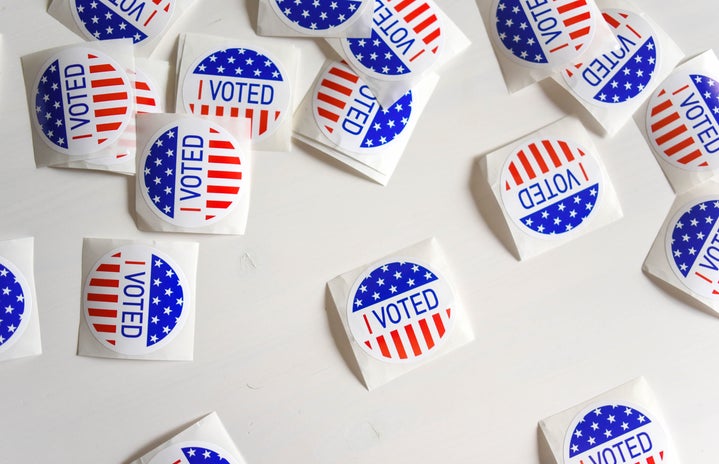The Vice Presidential debate is typically overshadowed by the presidential race, but with the stakes higher than ever, first-time voters and younger generations are paying closer attention. The recent debate between JD Vance and Tim Walz offered insight into their visions for the future, where they stand on key issues, and how they might influence the 2024 election.
JD Vance, once known for his anti-Trump rhetoric, has now aligned himself with the former president’s agenda. This shift has left many questioning whether he’s genuinely committed to these policies or simply following the money and seeking fame. His debate performance reinforced these suspicions for some, as he came off as polished but somewhat overly rehearsed. While some viewers appreciated his prepared responses, others took to social media to voice their concerns, saying he felt more like an actor playing a part than a politician driven by genuine convictions.
On the other hand, Tim Walz started slower but gained momentum as the debate went on. His calm and thoughtful responses resonated with viewers who saw him as authentic and trustworthy. Where Vance leaned into sharp sound bites and scripted zingers, Walz seemed to prioritize depth and sincerity, a contrast that may have appealed more to younger viewers. Many felt his grounded, straightforward approach reflected a genuine commitment to addressing the issues important to the future of the country.
The two candidates didn’t hesitate to highlight their differences. On climate change, Walz emphasized the urgent need for action, addressing young voters’ clear priority to tackle environmental issues. He spoke about creating jobs through clean energy initiatives and moving away from fossil fuels. In contrast, Vance downplayed the risks of climate change and stressed the importance of protecting jobs in traditional industries like coal and oil—a stance that left some younger voters feeling disconnected from his priorities.
Healthcare was another major point of contention. Walz advocated for expanding access and affordability, particularly for younger generations struggling with high costs. Vance, while agreeing that reforms are needed, criticized government intervention, favoring free-market solutions instead. This difference in approach reveals the candidates’ distinct visions for government’s role in people’s lives—something voters will need to carefully consider in November.
Despite their contrasting styles, there were moments of agreement. Both candidates expressed support for student debt relief, although they disagreed on how to implement it. Vance proposed targeting relief to specific sectors like healthcare and technology, while Walz backed broader forgiveness programs to assist a larger group of graduates.
One thing the debate didn’t address is the lingering question of JD Vance’s motivations. Once an outspoken Trump critic, Vance has now positioned himself as a loyal follower of Trump’s policies. This reversal has left many wondering whether his current platform is a genuine reflection of his beliefs or simply a calculated move to boost his political career. The debate didn’t clarify much on this front, as Vance’s delivery remained controlled and polished, offering little insight into his true motivations.
As we head into this election, one thing is certain: younger voters will have a massive impact. Whether it’s climate change, healthcare, or student debt, the decisions made by this generation will help shape the country’s future. So as you watch the debates and read the headlines, remember to look past the performances and focus on the policies and values that matter to you.
And most importantly, remember to register to vote and make sure your voice is heard in this crucial election!


